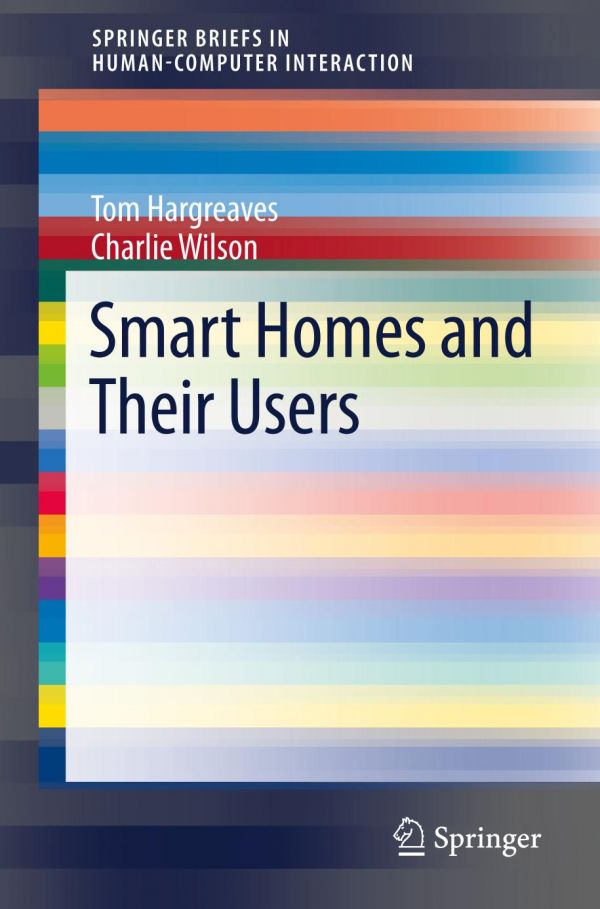

Most ebook files are in PDF format, so you can easily read them using various software such as Foxit Reader or directly on the Google Chrome browser.
Some ebook files are released by publishers in other formats such as .awz, .mobi, .epub, .fb2, etc. You may need to install specific software to read these formats on mobile/PC, such as Calibre.
Please read the tutorial at this link: https://ebookbell.com/faq
We offer FREE conversion to the popular formats you request; however, this may take some time. Therefore, right after payment, please email us, and we will try to provide the service as quickly as possible.
For some exceptional file formats or broken links (if any), please refrain from opening any disputes. Instead, email us first, and we will try to assist within a maximum of 6 hours.
EbookBell Team

4.0
86 reviewsSmart home technologies promise to transform domestic comfort, convenience, security and leisure while also reducing energy use. But delivering on these potentially conflicting promises depends on how they are adopted and used in homes.
This book starts by developing a new analytical framework for understanding smart homes and their users. Drawing on a range of new empirical research combining both qualitative and quantitative data, the book then explores how smart home technologies are perceived by potential users, how they can be used to link domestic energy use to common daily activities, how they may (or may not) be integrated into everyday life by actual users, and how they serve to change the nature of control within households and the home. The book concludes by synthesising a range of evidence-based insights, and posing a series of challenges for industry, policy, and research that need addressing if a smart home future is to be realised. Researchers will find this book provides useful insights into this fast-growing field